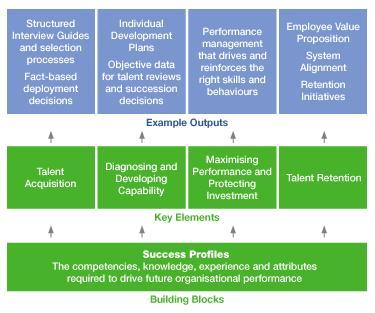TRM may fail for lack of clarity
 I'm afraid Talent Relationship Management (TRM) programs will fail the same way that most knowledge management (KM) projects fail.
I'm afraid Talent Relationship Management (TRM) programs will fail the same way that most knowledge management (KM) projects fail.Why?
Because they haven't defined the key words.
If KM firms and consultants had properly defined "knowledge", which is a key word after all, KM projects might have fared better.
Peter Senge defined knowledge as "capacity for effective action." Yet most KM vendors and consultants view knowledge as information. As a result, the focus has been more on measuring, coding and storing knowledge.
In the case of TRM, few companies in the field ever bothered to clearly define "talent."
Is it:
- A person who is good at what he/she does.
- A person who is good at what he/she does, AND the activity has to be highly valued by the company.
- A person who is good at what he/she does, AND what he/she does must be morally acceptable.
- A person who is good at what he/she does, AND he/she has to be willing and able to share the know-how with junior co-workers for succession purposes.
- A person who is good at what he/she does, AND can quickly adapt to new conditions and requirements in his field of expertise (and avoid the dinosaur fate).

<< Home